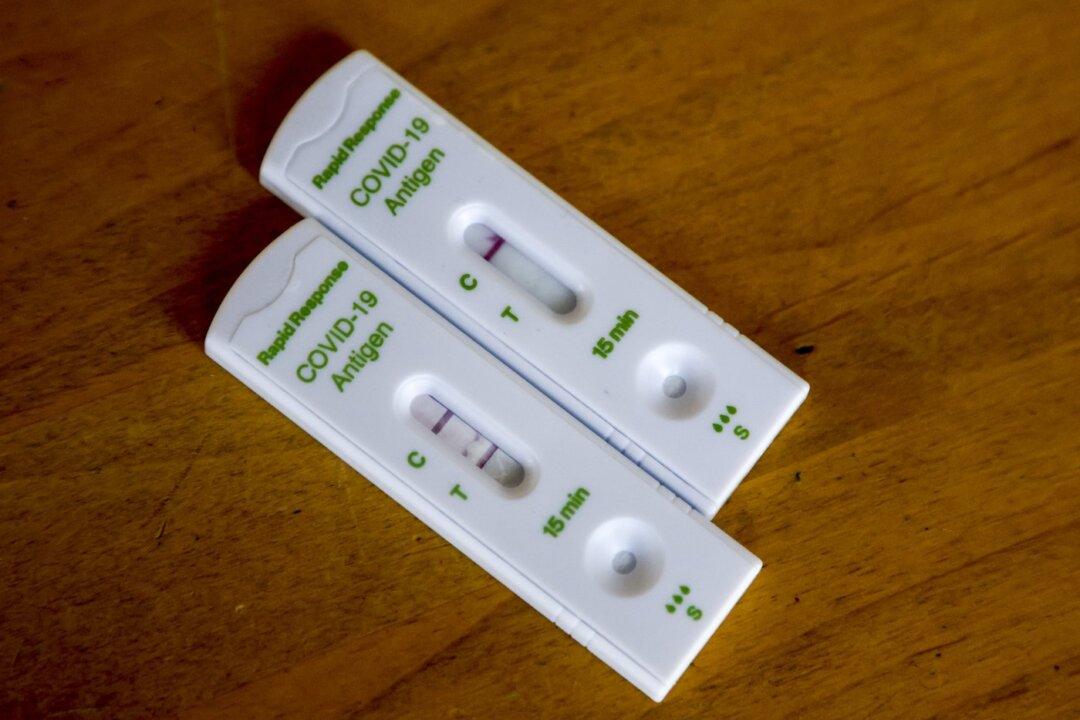A Saskatchewan court has determined a Regina oil refinery was justified in firing two employees who refused to comply with the company’s COVID-19 testing policy.
Dallas Shuparski and Ward Rubin refused to comply with the 2021 workplace policy at Consumers’ Co-operative Refineries Ltd. (CCRL) in Regina. They were fired in January of 2022.





